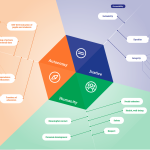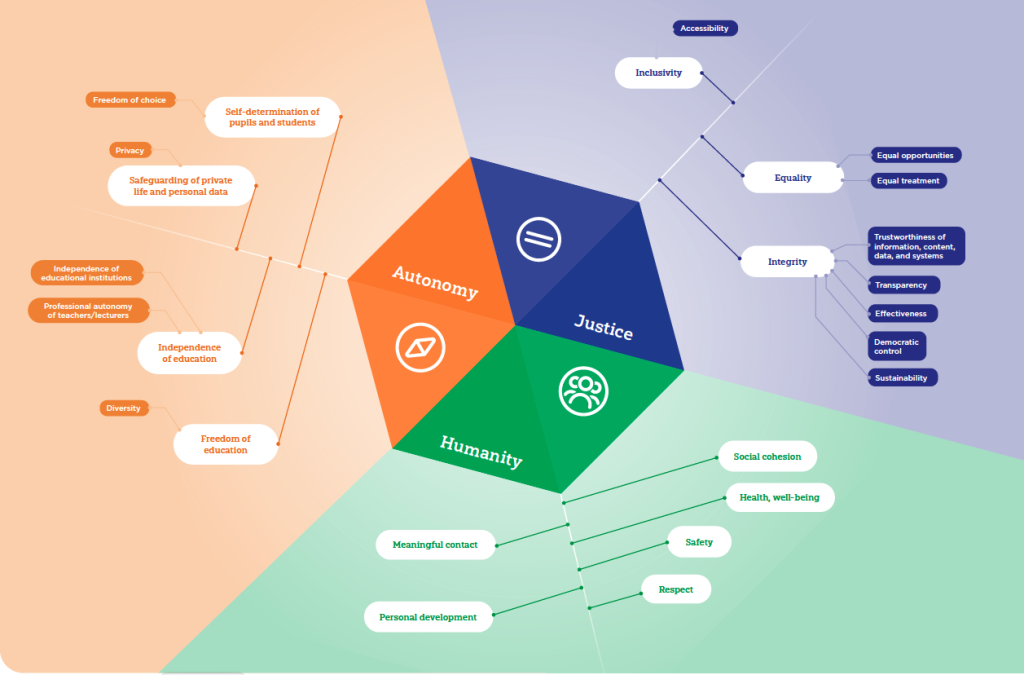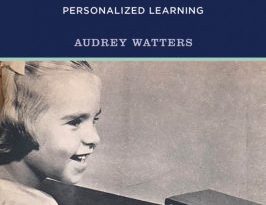Public values are key to efficient education and research


For those of us who have been working on AI in Education it is a bit of a strange time. On the one hand it is not difficult any longer to interest policy makers, managers or teachers and trainers in AI. But on the other hand, at the moment AI seems to be conflated with the hype around Chat GPT. As one senior policy person said to me yesterday: "I hadn't even heard of Generative AI models until two weeks ago."
And of course there's a loge more things happening or about to happen on not just the AI side but in general developments and innovation with technology that is likely to impact on education. So much in fact that it is hard to keep up. But I think it is important to keep up and not just leave the developing technology to the tech researchers. And that is why I am ultra impressed with the new publication from the Netherlands SURF network - 'Tech Trends 2023'.
In the introduction they say
This trend report aims to help us understand the technological developments that are
going on around us, to make sense of our observations, and to inspire. We have chosen
the technology perspective to provide an overview of signals and trends, and to show
some examples of how the technology is evolving.
Surf scanned multiple trend reports and market intelligence services to identify the big technology themes. They continue:
We identified some major themes: Extended Realities, Quantum, Artificial intelligence,
Edge, Network, and advanced computing. We believe these themes cover the major technological developments that are relevant to research and education in the coming years.
But what I particularly like is for each trend the link to to public values and the readiness level as well. The values are taken from the diagram above. As SURF say "public values are key to efficient education
and research."





